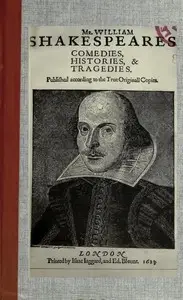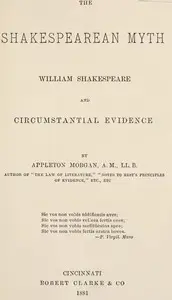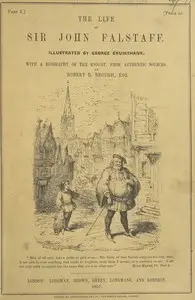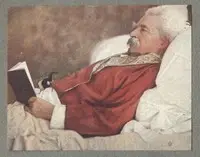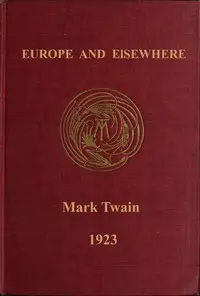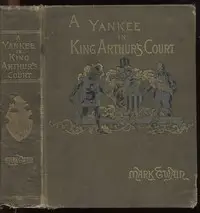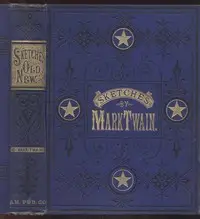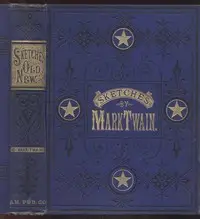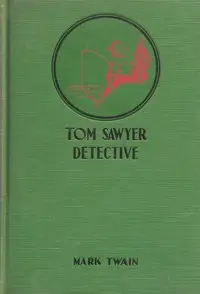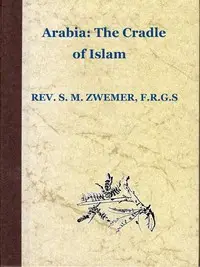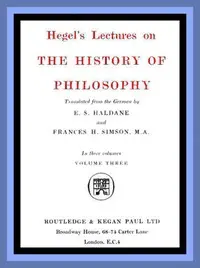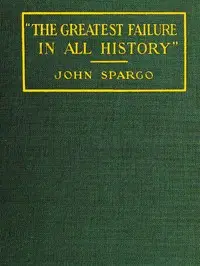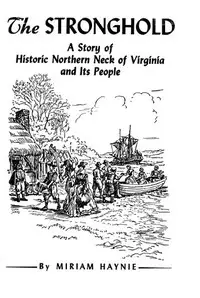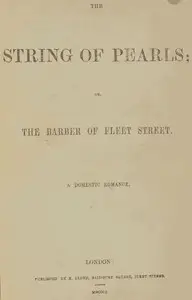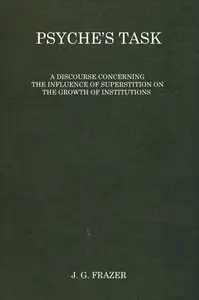"Is Shakespeare Dead?" by Mark Twain is a humorous exploration of the mysteries surrounding William Shakespeare and the authorship of his plays. Twain sprinkles in stories from his own life to question whether the accepted story of Shakespeare is actually true, using his witty style to examine doubts about the poet's humble background and whether someone with such limited experiences could have written those amazing works. The story starts with Twain remembering conversations with a steamboat pilot who had strong opinions about Shakespeare, which sparks Twain's curiosity and raises questions about how much we actually know about Shakespeare's life and the evidence behind the traditional stories, and if we should blindly accept what everyone believes.

Is Shakespeare Dead? From My Autobiography
By Mark Twain
A celebrated author pokes fun at historical mysteries by investigating whether the world's most famous playwright was really who we think he was.
Summary
About the AuthorSamuel Langhorne Clemens, known by the pen name Mark Twain, was an American writer, humorist, and essayist. He was praised as the "greatest humorist the United States has produced," with William Faulkner calling him "the father of American literature." Twain's novels include The Adventures of Tom Sawyer (1876) and its sequel, Adventures of Huckleberry Finn (1884), with the latter often called the "Great American Novel." He also wrote A Connecticut Yankee in King Arthur's Court (1889) and Pudd'nhead Wilson (1894) and cowrote The Gilded Age: A Tale of Today (1873) with Charles Dudley Warner.
Samuel Langhorne Clemens, known by the pen name Mark Twain, was an American writer, humorist, and essayist. He was praised as the "greatest humorist the United States has produced," with William Faulkner calling him "the father of American literature." Twain's novels include The Adventures of Tom Sawyer (1876) and its sequel, Adventures of Huckleberry Finn (1884), with the latter often called the "Great American Novel." He also wrote A Connecticut Yankee in King Arthur's Court (1889) and Pudd'nhead Wilson (1894) and cowrote The Gilded Age: A Tale of Today (1873) with Charles Dudley Warner.

